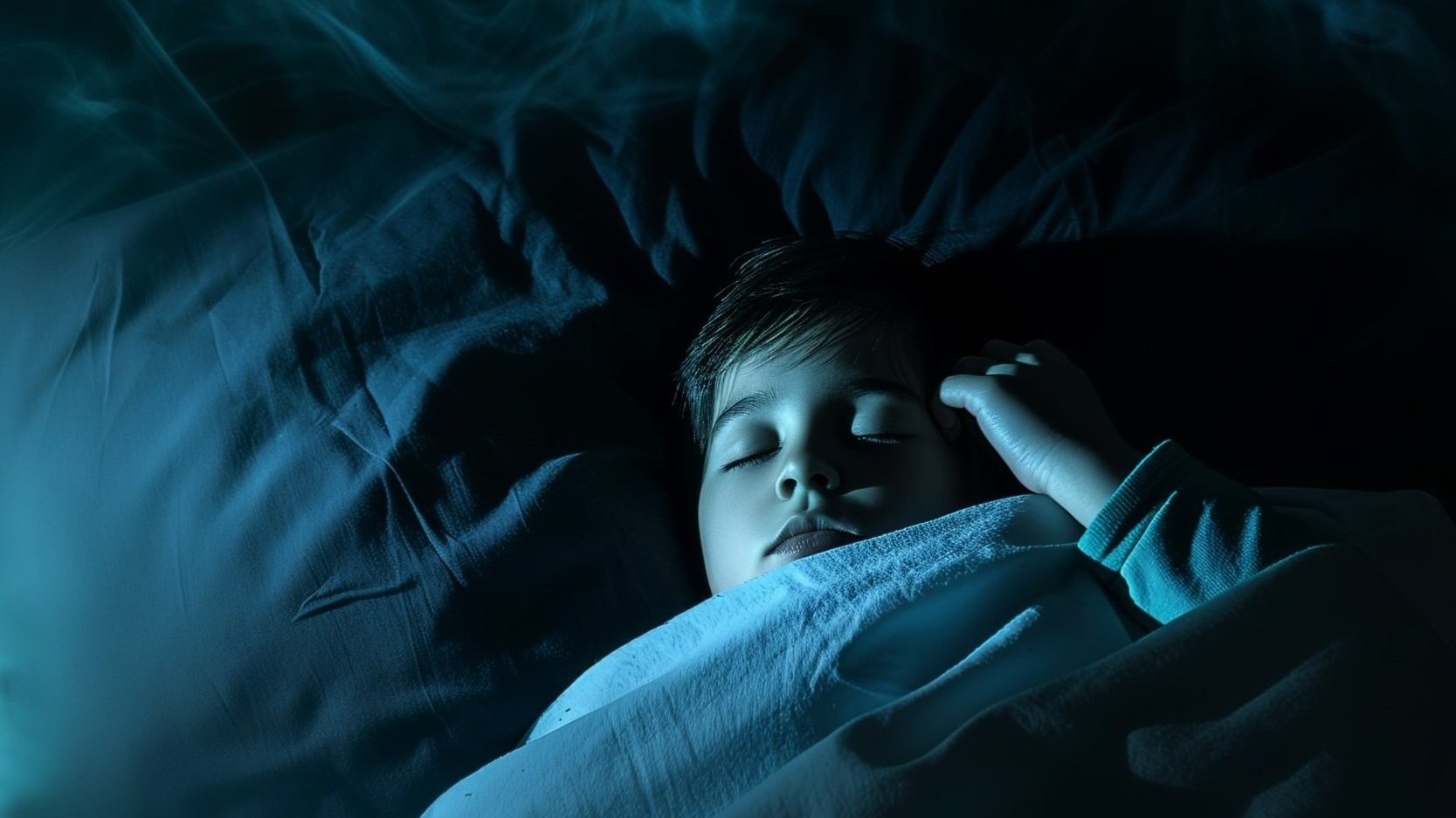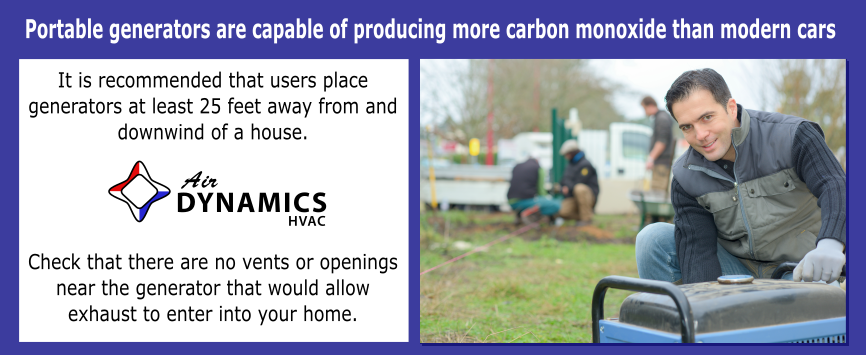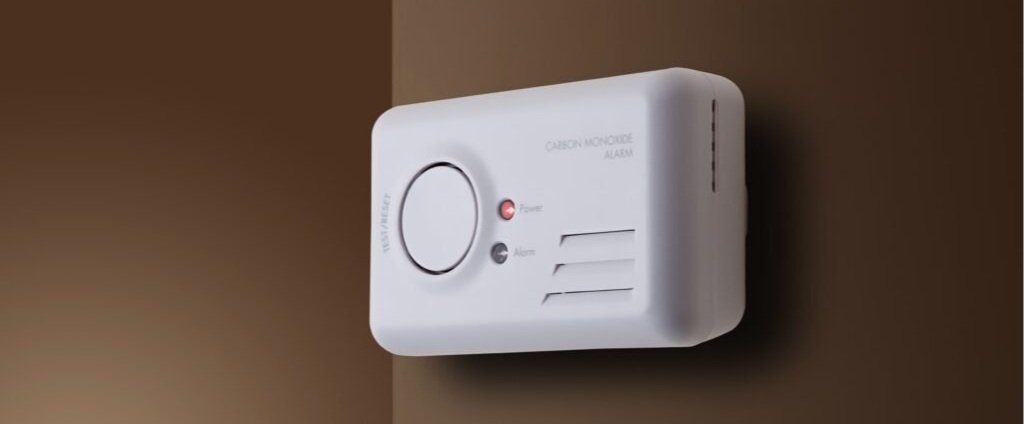Carbon Monoxide Dangers: Essential Information Every Homeowner Needs
What is Carbon Monoxide?
Carbon monoxide (CO) is an odorless, colorless gas that is formed by the incomplete combustion of fuels. Simply put, CO is produced whenever a material burns. Homes that have fuel-burning appliances or attached garages are more likely to have CO problems than those without. When a person is exposed to CO gas, the carbon monoxide molecules in the air will displace the oxygen within their bodies ultimately leading to CO poisoning.
This means that dangerous concentrations of the gas can easily build up indoors un-detected. What’s worse? When people become sick with CO-related symptoms, they often mimic symptoms associated with the flu. This simple mistake can cause an individual to ignore the early signs of CO poisoning. Potentially causing a loss in consciousness & therefore putting them in a dangerous position; which would render them unable to escape to safety.
Know the early signs of CO poisoning
For most people, the first signs of exposure include a mild headache and breathlessness with moderate exercise. Continued exposure can lead to more severe headaches, dizziness, fatigue & nausea. Eventually, symptoms may progress to confusion, irritability, impaired judgment, coordination, and loss of consciousness.
Symptoms of Carbon Monoxide Poisoning
Headache
Nausea
Dizziness
Breathlessness (feeling short of breath)
Weakness
Vomiting
Chest pain
Confusion
Is It The Flu or CO Poisoning?
You CAN usually tell the difference between CO poisoning and the flu by keeping watch for these key differences experienced with CO exposure:
You feel better when you are away from home
Everyone in the home is sick at the same time (the flu virus usually spreads from person to person)
The family members most affected spend a good majority of their time in the house
Indoor pets appear to be ill
You don’t have a fever or body aches, and you don’t have swollen lymph nodes which are common symptoms of the flu and other infections
Symptoms appear to worsen when using fuel-burning equipment
Are Some People at a Greater Risk for CO Poisoning?
Yes, some people are in fact at a higher risk for CO poisoning. Those individuals include people who have:
Homes where elderly and/or very young children reside
Respiratory conditions, such as asthma or emphysema
Cardiovascular disease
Anemia or sickle cell anemia
Remember, anyone can become sick or potentially die when exposed to very high levels of carbon monoxide.
Sources of Carbon Monoxide in the Home
Carbon monoxide produced by older HVAC units or furnaces that are not installed or vented correctly is one source of CO. It can come from other fuel-fired sources as well, including but not limited to:
Gas ranges and stoves
Gas clothes dryers
Portable fuel-burning space heaters
Fireplaces
Gas water heaters
Wood-burning stoves
Vehicles running in an attached garage
Charcoal/gas grilles
Portable generators
The CDC has noted that CO poisoning cases have resulted from the use of power generators during power outages.
Indoor Air Quality Tests: Why are they important?
Did you know that the most accurate way to detect the presence of carbon monoxide in your home is with an indoor air quality test?
The main tool used when conducting air quality tests is an electronic portable toxic multi-gas monitor. This device is different from consumer-level carbon monoxide detectors because it can be specially calibrated to detect trace carbon monoxide gas from as little as nearly zero parts per million (ppm) in addition to its featured ability to detect increments as small as 1 ppm.
Consumer-Level Carbon Monoxide Detector
One of the easiest ways to see if there is carbon monoxide inside your home is with an in-home detector designed to sound an alarm if CO is detected nearby. In fact, many building codes now require a carbon monoxide gas detector for homes with at least one fuel-burning appliance/heater, attached garage or fireplace. If you do not have a carbon monoxide gas detector installed in your home and meet one of those requirements, you could be putting you and your family at risk! Additionally, if you plan to sell your home & your township requires your house to have a CO detector installed you could be flagged during the inspection process; preventing a sale until you meet that specific safety requirement.
Off-the-shelf carbon monoxide gas detectors are invaluable in homes today!
Off-the-shelf carbon monoxide gas detectors are invaluable in homes today! They are however not as accurate as the ones used by professionals. Like those used by our technicians here at Air Dynamics; which can typically measure down to 30 ppm. The aim of these CO detectors is to act as the last layer of warning to protect individuals in their homes or workplaces. This style of carbon monoxide gas detector is not meant to detect CO gas at a suspected location of origin such as furnace rooms or kitchens. But rather to help you identify what level of CO is currently present in your home/building and/or whether or not any previously dangerous gas levels have been effectively cleared.
For More Information on Where to Place CO Detectors in Your Home







